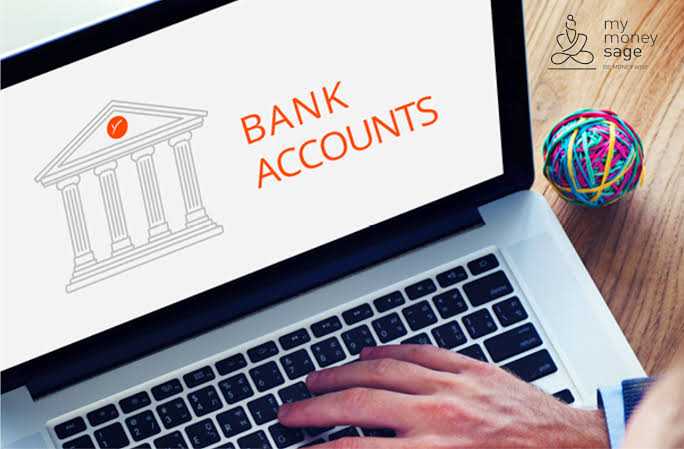6 Important Things To Do To Protect Your Bank Account From Scam
In April this year, the Central Bank of Nigeria (CBN) issued a fraud alert to the Nigerian public about the alarming rate of cybercrime activities in the country. Since COVID-19 happened, cybercriminals have been on the rampage, defrauding citizens, stealing sensitive information, and gaining unauthorised access to electronic gadgets by all means necessary to them.
Below are six simple but useful ways gathered by DAILY TIMES that can help you secure your bank account and make it impregnable for scammers.
1) Never disclose sensitive information to anyone over the phone, via SMS, email, or in person.
Banks and various platforms are not oblivious of these, hence, the introduction of two-step verification to provide multiple channels of verifying your identity in case scammers gain access to one of the multiple access. Amidst all these, they still subtly masquerade themselves in appealing forms to retrieve sensitive details from you via phone calls, SMS, E-mail, or even in person.
The rule is simple. Never reveal your card number, OTP, Pin, or password to anyone over the phone, via SMS, email, or in person. Do not do this, even when the person requesting such details claim to be from your bank’s headquarters. Also, desist from clicking suspicious links or downloading attachments and apps from unknown sources.
Your bank will never call you with ‘080, 070, 090, etc’ kind of number. Also, they’ll never ask you for your ATM pin or ask you to disclose any information you just received via SMS or whatever. Most banks in Nigeria communicate via email.
2) Avoid the use of unsecured internet access
Do not perform sensitive financial transactions using public wifi or networks you do not know the source. Do not let your love for free things expose you to risks. Instead, use a secure connection whenever you perform online transactions. Scammers take advantage of this and tap into your electronic device to illegally access sensitive information.
3) Inspect the ATM machine
Another common way scammers now use to gain access into your bank account is by installing a ‘skimmer’ over the card reader in the ATM. A skimmer captures the data on your card when you place it into the machine. The scammers then use that data to create a dummy card, which can also be used to access your account.
Skimmers are not always obvious as they are built to blend in with ATMs but you need to be actively looking for them. So before you place your card into the card reader, always check the ATM for any signs of tampering, including scratches and marks; anything that looks out of place, for instance, different coloured plastic around the card slot; anything that moves when it’s pushed (ATMs are built well and don’t usually have loose parts).
If you notice anything suspicious, report it to the financial institution that owns the ATM and use another machine. Skimmers don’t restrict the ATM from dispensing cash. Its aim is to collect your card details.
4) Keep your card out of the sight of unfamiliar/suspicious faces
Not all card-related scams happen at the ATM. Another common place for scammers to steal your card information is at places you go to chill out or have unfamiliar faces like a restaurant or shop. This could involve a waiter subtly taking your card away from your table to create a dummy card. Alternatively, a store attendant may skim your details while it’s behind their desk. Never let anyone take your card out of your sight.
DISCLAIMER: Family members can also gain access to your bank accounts without your permission. So, keep an eye on them and your card too.
5) Check your balance regularly
Check your account balance regularly. Go through your transactions and make sure your account balance correlates with what you’ve received and withdrawn. If you operate a joint account, let your partner do the same. Banks are usually quite effective at detecting suspicious activity on their customers’ accounts. But they’re not always perfect. This will limit the possibility of your account being compromised. If you ever notice anything suspicious call your bank or financial institution immediately.
6) Stay vigilant
Finally, scammers rely on targeting their victims when they’re distracted or when they least expect it. For that reason, many bank card breaches happen in crowded places (such as busy malls), when we’re enjoying ourselves (such as bars and restaurants) or when we’re out of our comfort zone (such as when we’re overseas).
For that reason, you should always be especially cautious when you’re at your most vulnerable. If you notice fraudulent activity on your bank account, notify your financial institution immediately so that your card can be put on hold or canceled.
Nairaland












